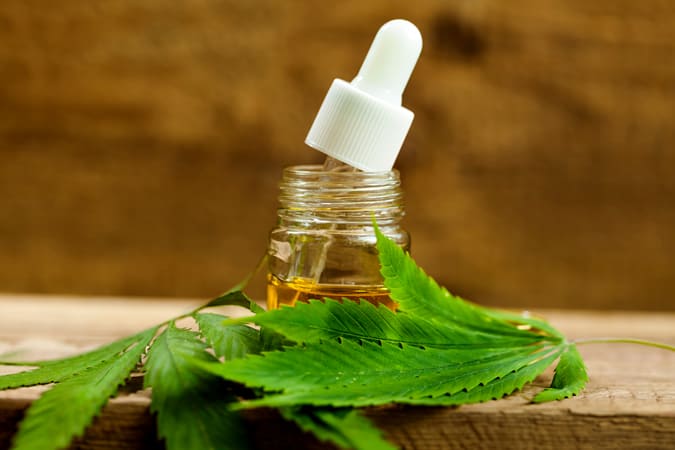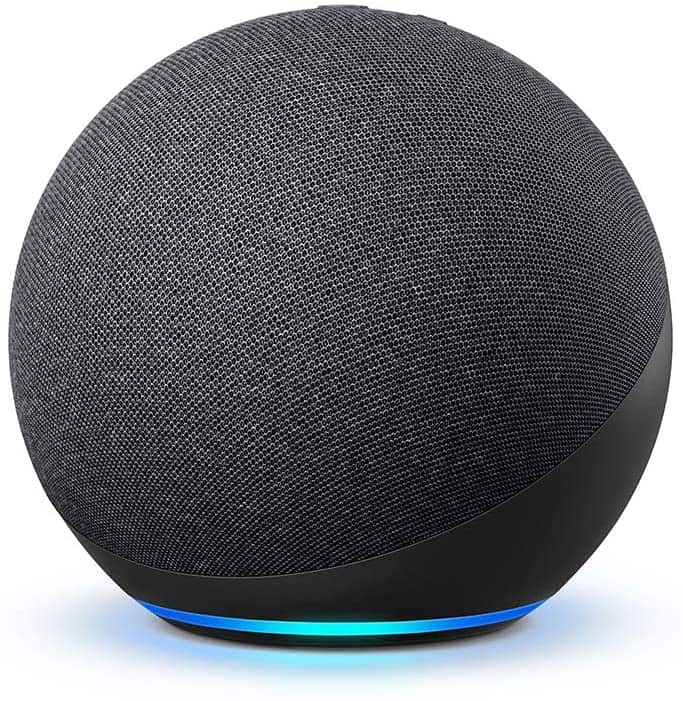What Is CBD And Is It Really Good For You?
It would be an exaggeration to say that CBD is literally everywhere, but not much. Widely hailed as a miracle cure-oil, it’s been evangelically embraced by young and old, yoga bunnies and gym rats, hipsters and hippies – not to mention opportunistic marketers with a liberal attitude to scientific proof, if not false advertising. As with any new wellness fad, a healthy dose of scepticism is recommended. But just because evidence is predominantly anecdotal doesn’t mean it’s a complete load of old Goop either. We’re intrigued and open-minded about CBD, but we have some questions. Starting with…
What Is CBD?
Cannabidiol (can-a-bid-eye-ol) is one of more than 100 chemicals called cannabinoids found in the cannabis plant. These interact with your body’s endocannabinoid system, which regulates an array of processes from pain and mood to appetite and sleep. That at least partly explains why CBD is now cropping up everywhere: in vape pens and patches, protein shakes and cocktails, skincare and confectionary. Typically though it’s consumed as an oil or a crystal.
Stone me.
Well, no, actually. Unlike tetrahydrocannabinol or THC, that other household-name cannabinoid, CBD is not psychoactive – in other words, it won’t get you high. CBD tends to be derived from hemp, a variety of cannabis that contains less THC than marijuana and is less likely to incur a knock on the door by the narcs. Hemp was legalised in the US at the end of 2018; in the UK, you need a license from the Home Office, which stipulates that you plant it “sensitively”, ie not near schools, and inform the police. Unsurprisingly, the market stateside is growing like a weed and projected to be worth $2.1bn in 2020 – up 700 per cent from 2016.

So CBD is street legal?
Um, sort of. Technically the US Drug Enforcement Agency still classifies CBD as a maximally restricted Schedule 1 substance – “drugs with no currently accepted medical use and a high potential for abuse” – even though the World Health Organisation states that CBD has “no effects indicative of any abuse or dependence potential”. But if the plant from whence it came is legal to grow under state law, it’s legit. Any product making medical claims however should still have gone through the FDA’s approval process, but some senators are lobbying to relax this in the interests of “real economic gains”, which definitely won’t result in an alternative-fact free-for-all. The UK’s Medical Healthcare Regulatory Agency meanwhile made noises in 2016 about reclassifying CBD products touted as for medical purposes from less stringently policed supplements to strictly tested medicines requiring licences, but those have so far not been granted.




















